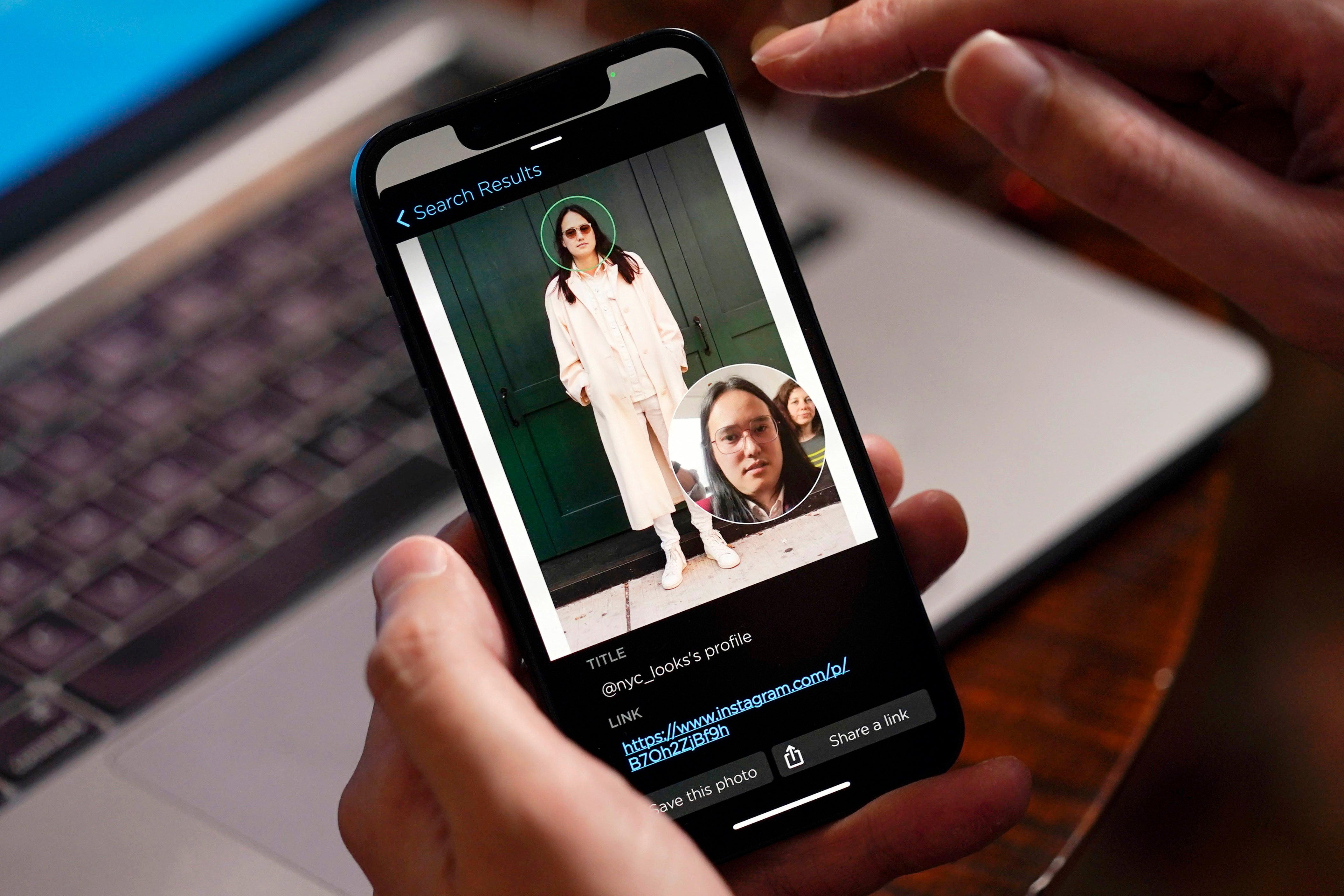Clearview AI fined $33.7 million by Dutch data protection watchdog over 'illegal database' of faces
The Dutch data protection watchdog has issued facial recognition startup Clearview AI with a fine of 30.5 million euros or $33.7 million over its creation of what the agency called an “illegal database” of billion of photos of faces

Your support helps us to tell the story
From reproductive rights to climate change to Big Tech, The Independent is on the ground when the story is developing. Whether it's investigating the financials of Elon Musk's pro-Trump PAC or producing our latest documentary, 'The A Word', which shines a light on the American women fighting for reproductive rights, we know how important it is to parse out the facts from the messaging.
At such a critical moment in US history, we need reporters on the ground. Your donation allows us to keep sending journalists to speak to both sides of the story.
The Independent is trusted by Americans across the entire political spectrum. And unlike many other quality news outlets, we choose not to lock Americans out of our reporting and analysis with paywalls. We believe quality journalism should be available to everyone, paid for by those who can afford it.
Your support makes all the difference.The Dutch data protection watchdog on Tuesday issued facial recognition startup Clearview AI with a fine of 30.5 million euros ($33.7 million) over its creation of what the agency called an “illegal database” of billion of photos of faces.
The Netherlands' Data Protection Agency, or DPA, also warned Dutch companies that using Clearview's services is also banned.
The New York-based company didn't immediately respond to an email seeking comment. The data agency said that Clearview “has not objected to this decision and is therefore unable to appeal against the fine.”
The agency said that building the database and insufficiently informing people whose images appear in the database amounted to serious breaches of the European Union's General Data Protection Regulation.
“Facial recognition is a highly intrusive technology, that you cannot simply unleash on anyone in the world,” DPA chairman Aleid Wolfsen said in a statement.
“If there is a photo of you on the Internet — and doesn’t that apply to all of us? — then you can end up in the database of Clearview and be tracked. This is not a doom scenario from a scary film. Nor is it something that could only be done in China,” he said.
DPA said that if Clearview doesn't halt the breaches of the regulation, it faces noncompliance penalties of up to 5.1 million euros ($5.6 million) on top of the fine.
In June, Clearview reached a settlement in an Illinois lawsuit alleging its massive photographic collection of faces violated the subjects’ privacy rights, a deal that attorneys estimate could be worth more than $50 million. Clearview didn't admit any liability as part of the settlement agreement.
The case in Illinois consolidated lawsuits from around the U.S. filed against Clearview, which pulled photos from social media and elsewhere on the internet to create a database that it sold to businesses, individuals and government entities.